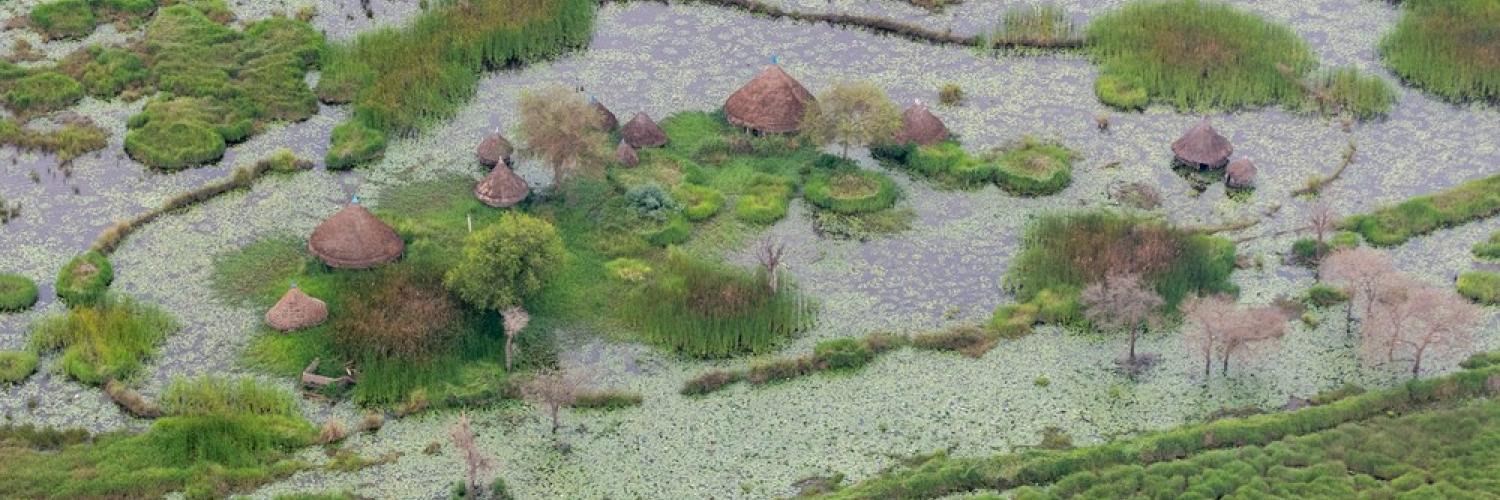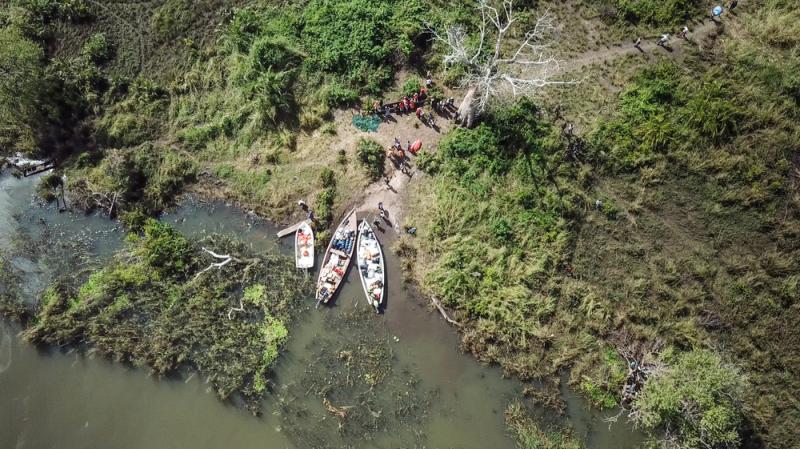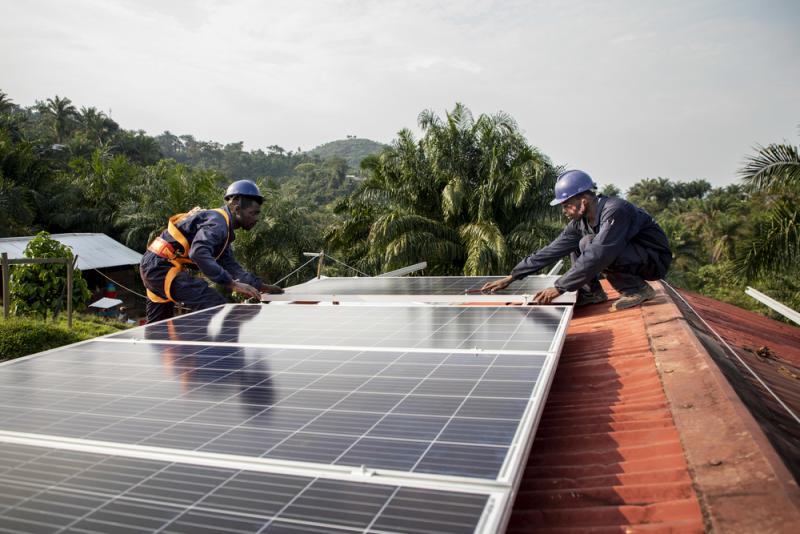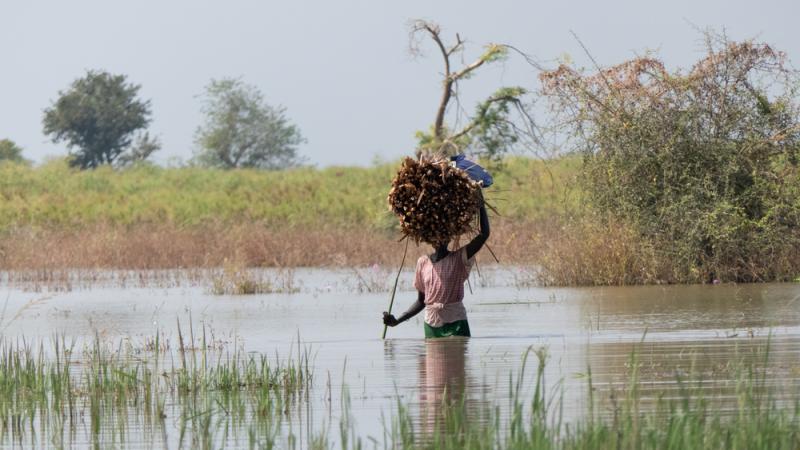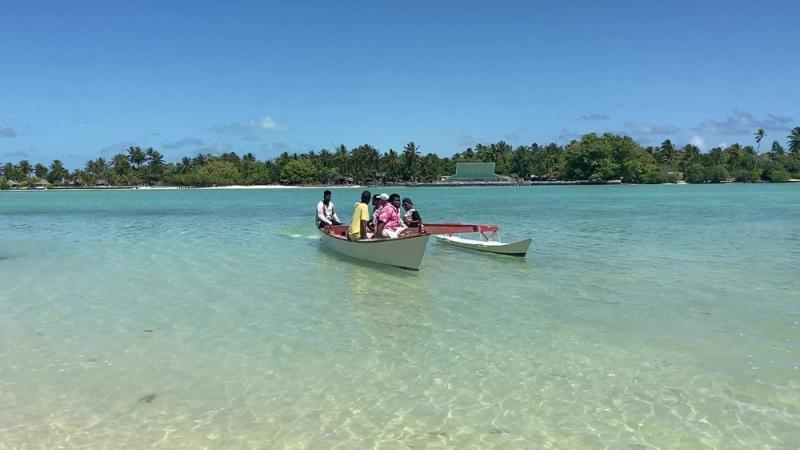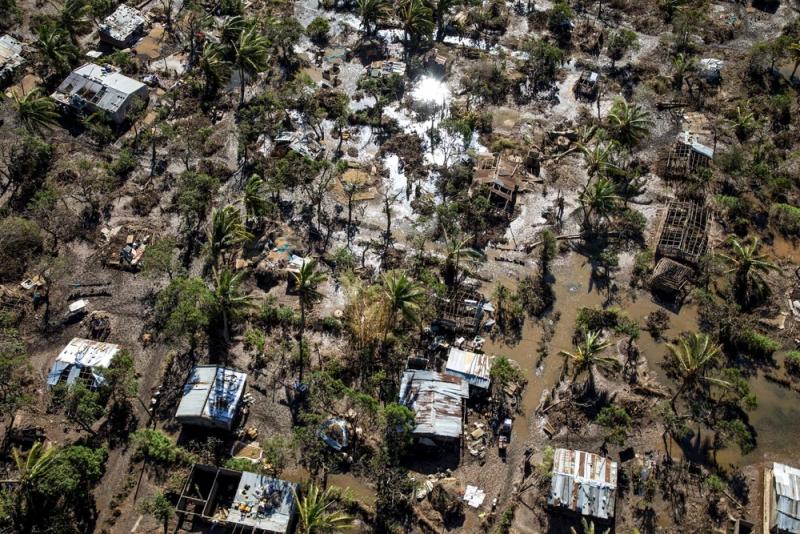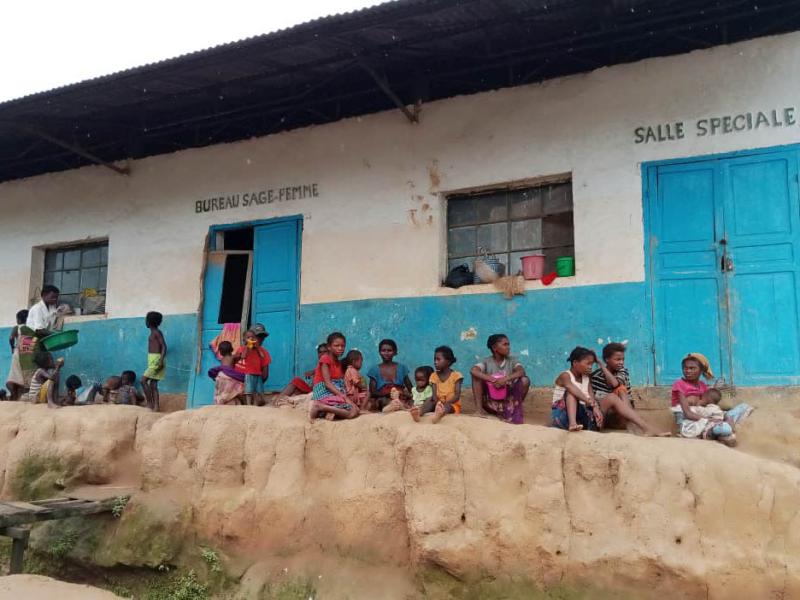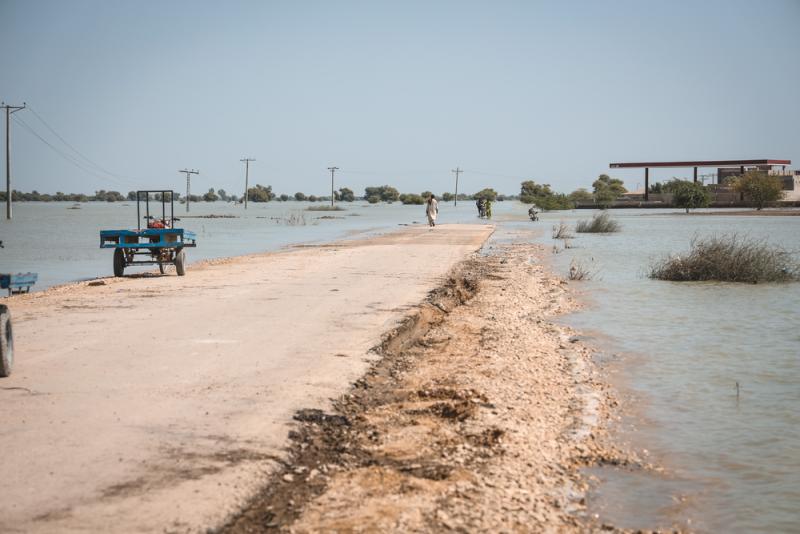What is the climate emergency?
We work in some of the most climate-vulnerable settings in the world, responding to many of the world’s most urgent crises – conflict, natural disasters, disease outbreaks, and displacement. A lot of the consequences of climate change – floods, drought, severe storms – are not new problems. But the climate emergency is causing an intensification of these events, both in severity and frequency.
This emergency is negatively affecting communities in many parts of the world, and the impacts will become more severe over time unless urgent action is taken.
Why should you care about climate change?
The world is changing—literally. The planet’s temperature is rising every year. Disease-carrying mosquitoes are traveling further and reaching more people. In some places, sea levels are rising and land masses are shrinking.
All of these phenomena have an impact on human health—from the diseases that make us sick to the food we eat, from the unusual heat of a summer to the places where we can build our homes.
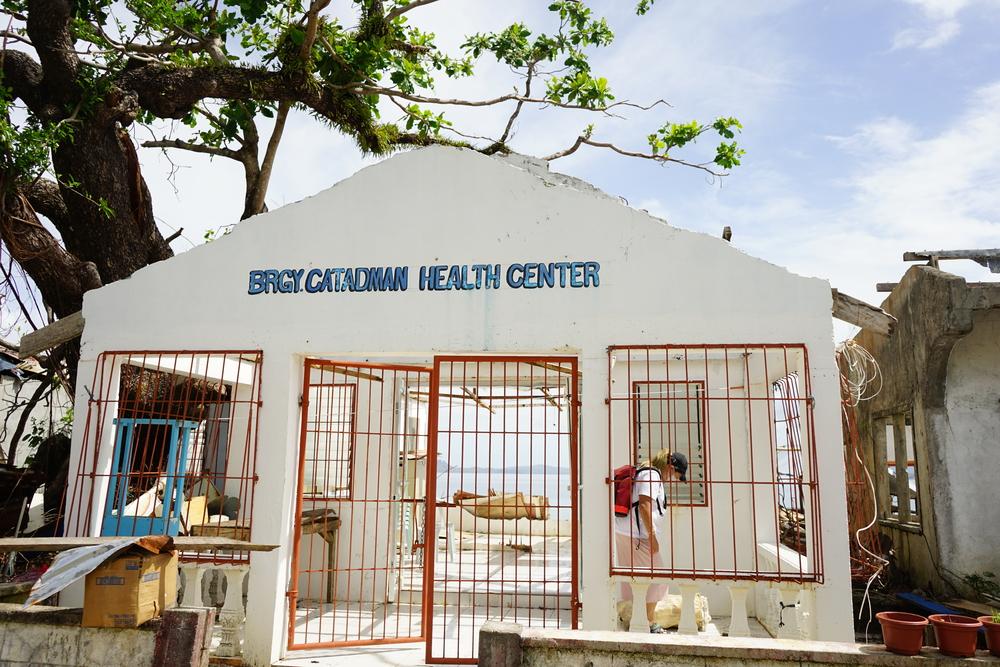
"We saw two mango trees fall down on our street. We saw roofs flying off houses, falling to the ground. It looked like the hurricane had peeled the roofs off the houses. The winds were so strong that even as we were walking, it felt like the wind would pick us up. At the church, we saw that someone had been wounded. They had been hit by a metal sheet that had blown off from someone’s roof. We went to check on our house, my husband said it was gone, it had fallen apart. I looked at other houses, and they were gone too." Marie Kris Yurtes recalls what she saw during when Typhoon Rai hit her village in Barangay Catadman, Surigao City, the Philippines.
All that remains of the Catadman barangay health center are a few walls, a rusty weighing scale and a damaged examination bed. The roof was blown away by Typhoon Rai. Surigao City, Philippines. 22 January, 2022. © Regina Layug Rosero/MSF
The climate emergency affects you.
We work in some of the most climate-vulnerable settings in the world, and our medical humanitarian teams are responding to situations that are linked to or aggravated by climate and environmental change.
These situations are occurring in a world where temperatures are getting higher. Additional global warming will have catastrophic consequences for many people across the globe--not just the communities where we work.
